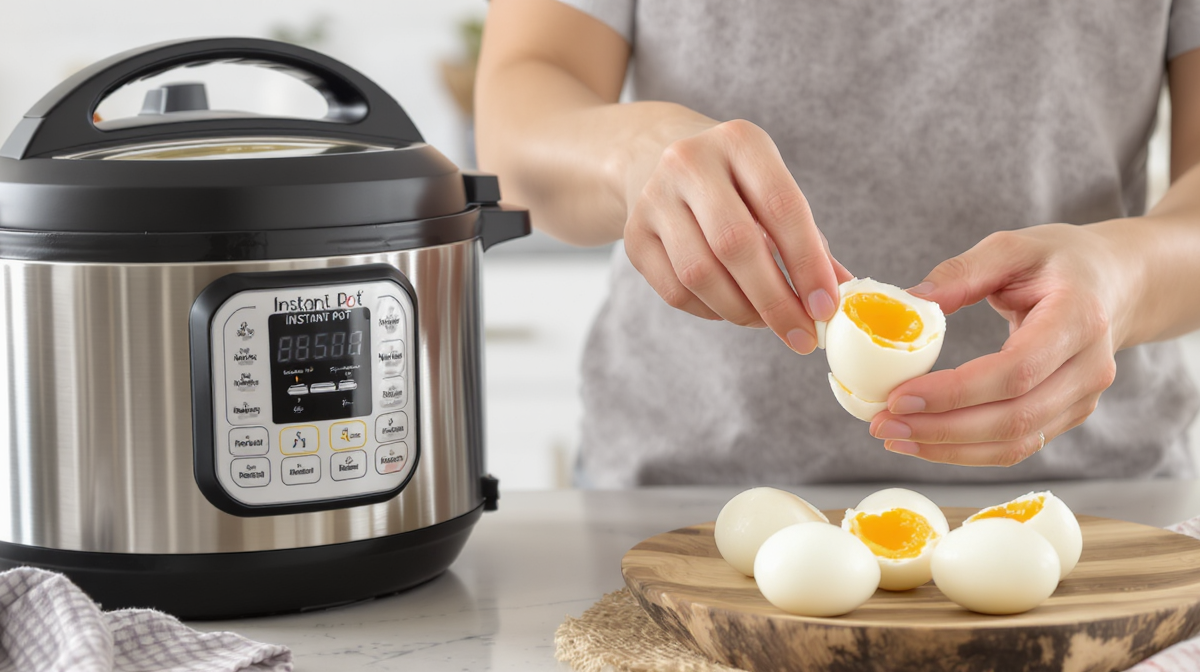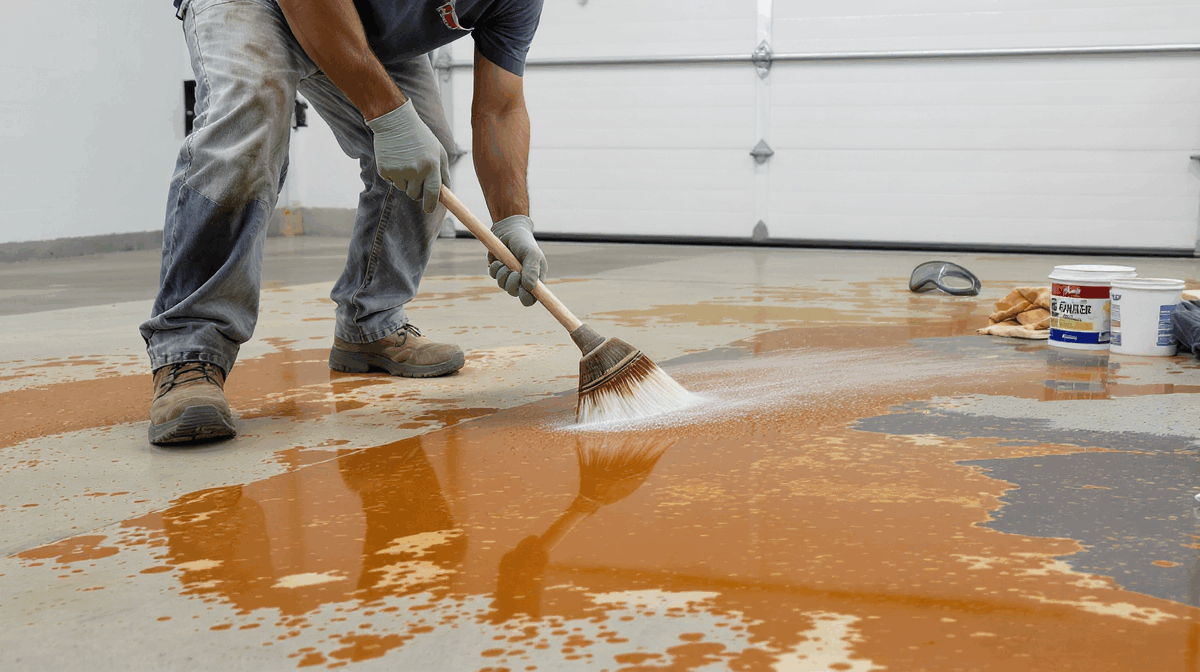Content
- 1 Understanding where to buy canning lids for bulk preservation projects
- 2 What to avoid when sourcing bulk canning jar lids: Insights for savvy buyers
- 3 Comparing the best canning jar lids on the market for 2025: materials, prices, and pros
- 4 Buying tips for canning lids: strategies to secure affordable and food-safe options
- 4.1 Can bulk canning jar lids be safely reused?
- 4.2 Where is the best place to buy canning lids wholesale?
- 4.3 What should I look for to avoid counterfeit canning lids?
- 4.4 Are reusable canning jar lids as reliable as traditional lids?
- 4.5 How do I ensure compatibility between lids and jars in bulk purchases?
Bulk canning jar lids have become an essential item for preserving the season’s harvest in an era driven by sustainability and frugality. As 2025 pushes many towards autonomy in their kitchen and pantry management, the right canning supplies ensure both the safety and longevity of preserved food. More than just simple accessories, canning lids embody the intersection of practicality and preparedness. This piece delves into the realities of sourcing dependable canning jar lids in bulk, offering a roadmap on where to buy canning lids, what pitfalls to avoid, and how to balance cost and quality effectively.
For many homesteaders, gardeners, and food lovers, the transition from a garden full of ripe vegetables to a well-stocked larder is marked by the careful selection of canning jars and lids. The recent historical context surrounding canning lid shortages, notably the acute demand spikes seen during the 2020 crisis, revealed vulnerabilities in supply chains and underscored the importance of reliable sourcing. A strategic bulk purchase not only buffers against unpredictable market conditions but also aligns with the cost-saving principles that underpin smart food preservation.
- Assess the durability and seal integrity of chosen lids to prevent spoilage and wastage.
- Purchase only food-safe canning lids certified for home canning to ensure health and safety compliance.
- Identify trusted brands and suppliers with a proven track record to avoid counterfeit canning lids.
- Consider the reuse possibilities of reusable canning jar lids, balancing convenience and longevity.
- Evaluate pricing in bulk to secure affordable canning jar lids without sacrificing quality.
| Factor | Importance | Outcome |
|---|---|---|
| Seal Integrity | High | Ensures food safety and extended shelf life |
| Material Quality | Medium | Prevents rust, corrosion, and contamination |
| Cost Efficiency | High | Improves sustainability of canning practices |
| Supplier Reliability | High | Prevents counterfeit and substandard products |
Understanding where to buy canning lids for bulk preservation projects
Locating reliable sources for bulk canning jar lids remains a challenge many face as the canning season approaches. Given the spikes in demand around seasonal harvests, a proactive approach to sourcing these critical supplies is essential to prevent last-minute shortages. The market offers a spectrum of options ranging from large retail chains to specialized online retailers and wholesale suppliers, each with distinct advantages and drawbacks.
Major brick-and-mortar outlets such as Tractor Supply Co. and hardware stores typically stock canning supplies and often provide the immediacy of in-person selection and purchase. However, inventory might be limited during peak seasons, and prices may not be as competitive for bulk purchases. Therefore, supplementing these purchases with online bulk options frequently benefits those with serious preservation needs.
Online platforms like Amazon host myriad vendors selling canning jar lids wholesale. Nevertheless, vigilance is necessary when purchasing from such marketplaces to avoid counterfeit canning lids and unverified brands, which have been reported to underperform, sometimes with critical failures such as buckling or seal breakdowns during pressure canning. Opting for brands with demonstrable quality assurance and positive user reviews can save extensive frustration.
Specialized canning supply companies and wholesale distributors often command better pricing for large orders and offer detailed product information, including compliance with food safety standards. These resources are particularly beneficial for those aiming to buy canning lids wholesale, reducing overall costs while maintaining product reliability.
- Visit local farming and gardening co-ops for regional trusted brands and expert advice.
- Evaluate supplier shipping policies, especially regarding bulk orders, to avoid delays.
- Cross-reference product reviews and certifications to confirm food-safe canning lids.
- Leverage specialty online stores that focus exclusively on canning supplies for better selection.
| Source | Advantages | Disadvantages |
|---|---|---|
| Brick-and-mortar Stores | Immediate availability, physical inspection possible | Limited bulk options, higher prices during peak seasons |
| Online Marketplaces | Wide selection, competitive pricing for bulk orders | Risk of counterfeit lids, quality inconsistency |
| Wholesale Distributors | Bulk pricing, detailed product support | Minimum order quantities, potential shipping time |
What to avoid when sourcing bulk canning jar lids: Insights for savvy buyers
While the appeal of affordable canning jar lids is strong, countless preservationists have learned through experience that quality and reliability must never be compromised. Here are common pitfalls that those seeking canning lid durability should vigilantly avoid to protect their hard work and food safety.
Counterfeit or generic canning jar lids, especially those prevalent on popular online platforms, pose serious risks. Such lids often lack the materials and manufacturing quality necessary to withstand the pressures of water bath or pressure canning. Reports of lids buckling or failing mid-process have emerged, leading not just to food spoilage but potential safety hazards. Sticking with established, reputable brands helps mitigate these dangers substantially.
Secondly, neglecting the difference between reusable and traditional single-use lids can lead to confusion and improper usage. Most standard canning lids are specifically designed for one-time use because their sealing compound degrades after heating, undermining the vacuum seal required for preservation. Attempting to reuse these single-use lids may result in failed seals that compromise food safety.
Reusable canning jar lids offer an environmentally conscious alternative but can come with their own drawbacks. While they are built with materials such as food-grade silicone and plastics like Acetal Copolymer, users must recognize their limitations. For example, they require occasional replacement of rubber gaskets and careful maintenance to ensure longevity. Moreover, some users report slightly higher seal failure rates compared to traditional metal lids coated with plastisol. Understanding these nuances is essential to incorporate reusable lids effectively into one’s preservation system.
- Avoid lids without food safety certification that lack BPA-free labeling and NSF compliance.
- Refrain from purchasing from unknown sellers that do not disclose manufacturing origin or materials.
- Steer clear of overly cheap lids that may sacrifice coating thickness and sealing compounds.
- Do not ignore storage recommendations for lids, as improper handling impacts lifespan.
| Pitfall | Impact on Canning | Recommendation |
|---|---|---|
| Counterfeit lids | Seal failure and spoilage risk | Buy trusted brands only |
| Reusing single-use lids | Reduced vacuum seal integrity | Use fresh lids for each canning cycle |
| Ignoring lid specifications | Improper fit or seal | Match lids to corresponding jars |
| Poor lid storage | Premature corrosion or contamination | Store lids in a dry, clean environment |
Choosing to avoid these common mistakes when purchasing canning lids wholesale preserves both the investment in the harvest and the health of those who will consume the canned products.
Comparing the best canning jar lids on the market for 2025: materials, prices, and pros
Understanding material composition, price points, and performance characteristics is vital when selecting bulk canning jar lids that align with both budget and safety requirements. In 2025, the market continues to be dominated by a few trusted names alongside innovative newer entrants.
Ball, Kerr, and Bernardin represent the stalwarts of the industry, all under the Newell Company umbrella. Their tin-plated steel lids using plastisol sealers are designed for single-use canning with an average cost of about $0.55 per lid in standard pack sizes. Manufactured in the USA, these lids boast BPA-free status and rust-resistant coatings. Their reliability has been vetted over decades, making them a dependable choice for many.
Harvest Guard offers the notable exception of reusable canning jar lids, constructed from food-grade plastic (Acetal Copolymer) with seal gaskets made from food-grade nitrile rubber. These require combining with traditional metal rings for secure fastening. Though the upfront cost is higher at about $0.68 per lid, they present sustainability advantages by reducing waste. However, users should anticipate periodic replacement of gaskets and recognize the learning curve associated with their maintenance.
ForJars, a newer entity in the market, emphasizes affordability and robust sealing performance at roughly $0.33 per lid. Their stainless steel lids incorporate a food-grade silicone sealer and currently manufacture their lids in China although plans are underway to shift to U.S. production to meet rising demand and reduce carbon footprint. The wide array of bulk purchase options—from 12 to 1,000 lids—caters to home preservers and entrepreneurs alike.
- Evaluate specific sealing methods such as plastisol vs. silicone differences for your canning needs.
- Factor in reusable vs. single-use preferences in context of frequency and volume of canning.
- Consider country of manufacture for quality control and sustainability metrics.
- Compare bulk pricing tiers to optimize your purchasing strategy.
| Brand | Material | Seal Type | Price per Lid (Approx.) | Reusable | Manufacturing Location |
|---|---|---|---|---|---|
| Ball / Kerr / Bernardin | Tin-Plated Steel | Plastisol | $0.55 | No | USA |
| Harvest Guard | Acetal Copolymer Plastic | Nitrile Rubber Gasket | $0.68 | Yes | USA |
| ForJars | Stainless Steel | Food-Grade Silicone | $0.33 | No | China (soon USA) |
Buying tips for canning lids: strategies to secure affordable and food-safe options
Securing the best balance between cost, durability, and safety when buying canning lids wholesale requires an informed strategy. Preparing a well-stocked pantry translates not only into convenience but also into tangible savings and assurance of quality preservation.
Critical among these strategies is planning ahead. The canning season typically follows the harvest cycle of common produce such as tomatoes, cucumbers, and berries, which means demand surges predictably. Procuring lids in bulk before peak demand or scarcity helps maintain consistent supply without premium pricing. Leveraging seasonal sales or bulk discounts further improves affordability.
Next, confirming the food-safe certification status cannot be overstated. Lids must comply with FDA or relevant local standards, be BPA-free, and manufactured using materials suited for contact with acidic or high-temperature foods.
It is also prudent to verify compatibility between jar types and lid sizes, particularly when mixing canning jar lids wholesale from different suppliers. Many vendors clarify the mouth size range their lids fit, so matching these details mitigates improper fits that lead to seal failure.
- Open communication with suppliers about product origin and compliance.
- Test the sealing performance with trial batches before committing to bulk.
- Store lids correctly in cool, dry places to prolong shelf life and seal integrity.
- Maintain a diverse supply reserve of reusable and single-use lids for flexibility.
| Tip | Benefit |
|---|---|
| Buy early in the off-season | Access to better inventory and lower costs |
| Confirm food-safe certifications | Health safety assurance |
| Match lids and jars carefully | Prevents sealing failures |
| Utilize bulk discounts and coupons | Improves affordability |
For a comprehensive insight into smart home food preservation, consider reviewing the detailed guide on freezing tomatoes which complements canning strategies by expanding preservation options across seasons.
Can bulk canning jar lids be safely reused?
Standard single-use canning lids are designed for one-time use only due to the degradation of the sealing compound after heating, which compromises their sealing ability. However, reusable canning jar lids made from food-grade materials like silicone and Acetal Copolymer can be reused multiple times with appropriate maintenance.
Where is the best place to buy canning lids wholesale?
Reliable sources include specialized canning supply companies and reputable online retailers that offer bulk purchasing options. Avoid purchasing from unknown sellers or generic brands, particularly on large marketplaces where counterfeit products are more common.
What should I look for to avoid counterfeit canning lids?
Focus on brands with verifiable manufacturing origins, food-safe certifications such as BPA-free labels and FDA compliance, and positive customer reviews. Avoid extremely low-priced lids, and always inspect product materials and sealing mechanisms.
Are reusable canning jar lids as reliable as traditional lids?
Reusable lids provide an environmentally friendly alternative but may have slightly higher failure rates and require periodic gasket replacement. They are suitable for many home canners but should be tested for performance in your specific canning system.
How do I ensure compatibility between lids and jars in bulk purchases?
Always verify the diameter and mouth type (regular or wide) of both jars and lids before purchase. Reputable suppliers provide compatibility information. Using mismatched lids and jars increases the risk of seal failure and spoilage.












